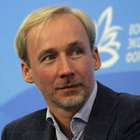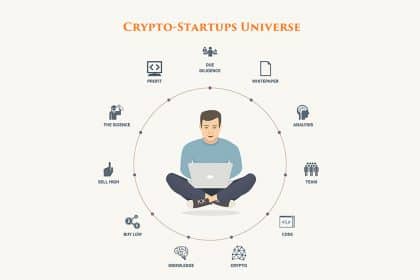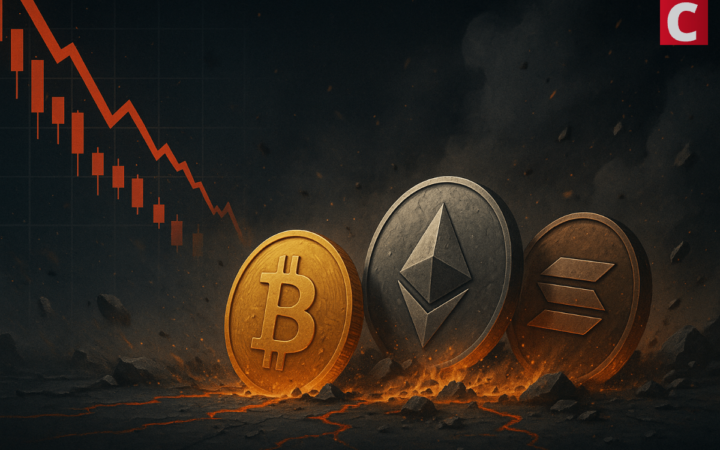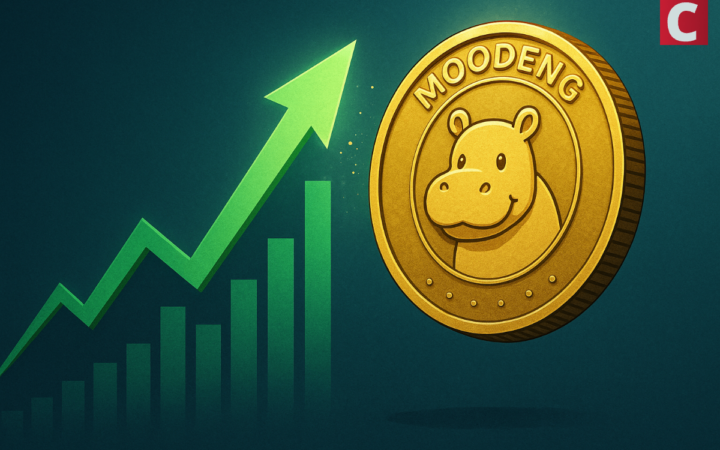During the 2017-2018 ICO boom, a huge demand emerged for specialists of various fields – from journalism to blockchain cryptographers. In light of this, what is a shared, distinctive feature among potential employees sought after by crypto-startups, and where can you search for this unique trait?
In order to determine this, you’ll have to start by figuring out the basic definitions. First, you will need to hire these specialists from the “conventional market” and face a predictable set of myths and questions. These include: “Are you some kind of anarchists obsessed with technologies?” or “I heard that, recently, someone was imprisoned for drug trafficking that handled payment with Bitcoins. Is it true?”
Next, in any case, you will have to re-train any hired specialists. During the boom period, it was mainly those with a high-risk threshold who were ready to try something new that joined the industry. It’s no coincidence that, according to studies, firefighters and representatives of security services were considered to be the most successful investors, since they are accustomed to taking risks in their work and entered the unfamiliar market – while the rest were still “thinking and analyzing,” losing profit by entering late.
The average crypto-startup passes through the stages of formulating a concept, creating an economic model and a marketing campaign, entering crypto-exchanges, and developing a product – but it all starts with building a team and writing a Whitepaper.
Staff Engaged in Content
We will omit the issue of “in-house or outsourcing.” Both the first and the second options have their pros and cons. In any case, when creating a crypto-startup, you have to understand from the very beginning that there will be a lot of content; maintaining community groups, and writing press releases, news, and analytical materials are all a part of the job. My experience shows that it is advisable to hire professional journalists, not copywriters. However, I do not want to offend copywriters; their work is important and very hard.
Why? At all stages of the crypto-startup life, you will have to interact with the professional journalistic community, starting from the very first press release on the ICO launch.
It is much easier to re-train a journalist to be a crypto-specialist than it is to make a journalist from a person who is well-versed in blockchain. Of course, the editorial requirements for journalists in Wired, Venturebeat, Techcrunch, Entrepreneur, and Coinspeaker all differ, but they all share a respect for the profession and an understanding of the unwritten laws underlying any media work.
People who only write “texts,” and who have never worked in the IT media, usually face a lack of understanding about the principles of their work: “Why do they not publish a press release?” “Why do they ignore me?” and many more “Why?” situations arise. As a consequence, such employees psychologically burn out quicker.
An interesting point is that you can search for professionals not only among IT journalists. Blockchain relies primarily on cryptography, science, and a high requirement for logical thinking on the principle of “cause and effect.” An editor of the conditional online journal “Astrophysics Issues,” who is forced to constantly work with scientific articles issued mainly in English, can be an ideal candidate for working with crypto-startup content, with only minimal time spent on re-training.
Staff Engaged in Development
It’s best to start with a technical director or a CTO. There is often a great temptation to hire a very experienced programmer for the position of crypto-startup director. This, however, should not be done – and here’s why. First, the CTO’s responsibilities include making strategic decisions and choosing a development vector. Errors are very expensive when it comes to cryptography. Second, a good CTO can always argue “why.”
• “We will do it on time and within the allocated budget”, or
• “Are you crazy? If we do this, we’ll get a product that works at the speed of a turtle and with the security of a leaky kettle. We will not go this way. We should implement particular technologies, hire specific developers, and then these terms of reference will be real.”
You should understand that it is a CTO who will build all communication with developers, and you should approach the hiring of this professional seriously. Crypto-startups have a difficult enough time competing for talented employees, as they’re up against such giants as Facebook or Google. Therefore, it is highly desirable to offer a market salary, a stake in the company, or an option.
Staff Engaged in Internet Marketing
The search for marketers and digital directors in a crypto-startup is a severe headache for both the company founders and the recruitment agencies. If the CTO can be found at a hackathon, and a business analyst or recruiter can compile a solid list of competencies, then the main problem with marketers is that it is not entirely clear where to look for them and how to evaluate their abilities.
It is advisable to start from the position of a digital director who will be able to gather his/her team of marketers. Suppose we placed a vacancy on the core websites, forums, in the company’s blog, and concluded an agreement with a consulting firm. Candidates start visiting you. How can you spot a professional at the interview? Ask him/her to formulate aloud typical tasks for his/her employees.
Bad option:
“Guys, we need to raise the missing $5 million from the ICO. See how our competitors raised $3 million in the South Korean market? It seems to me that this is something interesting. Are we worse off than them? I want to see the same drive from you. You can do anything, I believe in you. We are a team and all restrictions are only in our head. Free your mind!”
Good option:
“Guys, we need to raise the missing $5 million from the ICO.
• 30 startups are raising parallel to us;
• I evaluated all our advertising, our web analytics on the website, and the traffic of competitors;
• We have “N” accounting for conversion and “N” accounting for sales per major crypto-segments and regions;
• We have comparative statistics of online sales in social networks, with offline sales as part of meetings with investors.
We have to:
• Create three special projects for priority regions (the terms of reference for programmers who are ready);
• Analyze search queries and allocate them so that they do not interfere with each other, separately by blogs, forums, and the media, taking into account geo-dependence/geo-independence;
• Check the uniqueness of our offers;
• Add the website to all remaining ICO-trackers;
• Set up cross-analytics at all special projects to see organic traffic in the Google Analytics common dashboard and all keyword conversions;
• Add all sales from this traffic to the CRM-matrix;
• Work out 60 offline contacts received at the BTC Investment Forum last week.”
The difference in these approaches will be obvious. The main mistake that many crypto-startups make is hiring a digital director who has jumped over several steps and, at best, is deeply versed in only one tool. This may be the SEO-guru who knows their business perfectly, but the digital leader can only be an Internet marketer with at least three years of experience. This person should have basic skills in SEO, SMM, contextual and native advertising, conventional sales, brand management, management practices, and personal motivation.
As we see, it is impossible to say with complete certainty that only marketing, or only content, or only development, enable the creation of a successful crypto-startup. Paraphrasing Herbert Spencer, we can say that a startup, as a living organism, has parts that are less important and more important. However, the relationship between these parts is such that they represent a single whole, having nothing excessive or useless.
A method for crypto-startups to transform from a small pony into a unicorn is not just by focusing on technologies, but primarily by leveraging human resources and team building.
Disclaimer: Coinspeaker is committed to providing unbiased and transparent reporting. This article aims to deliver accurate and timely information but should not be taken as financial or investment advice. Since market conditions can change rapidly, we encourage you to verify information on your own and consult with a professional before making any decisions based on this content.

Alexander Borodich is CEO Universa.io, venture investor. He holds PhD in mathematics and electronics.





